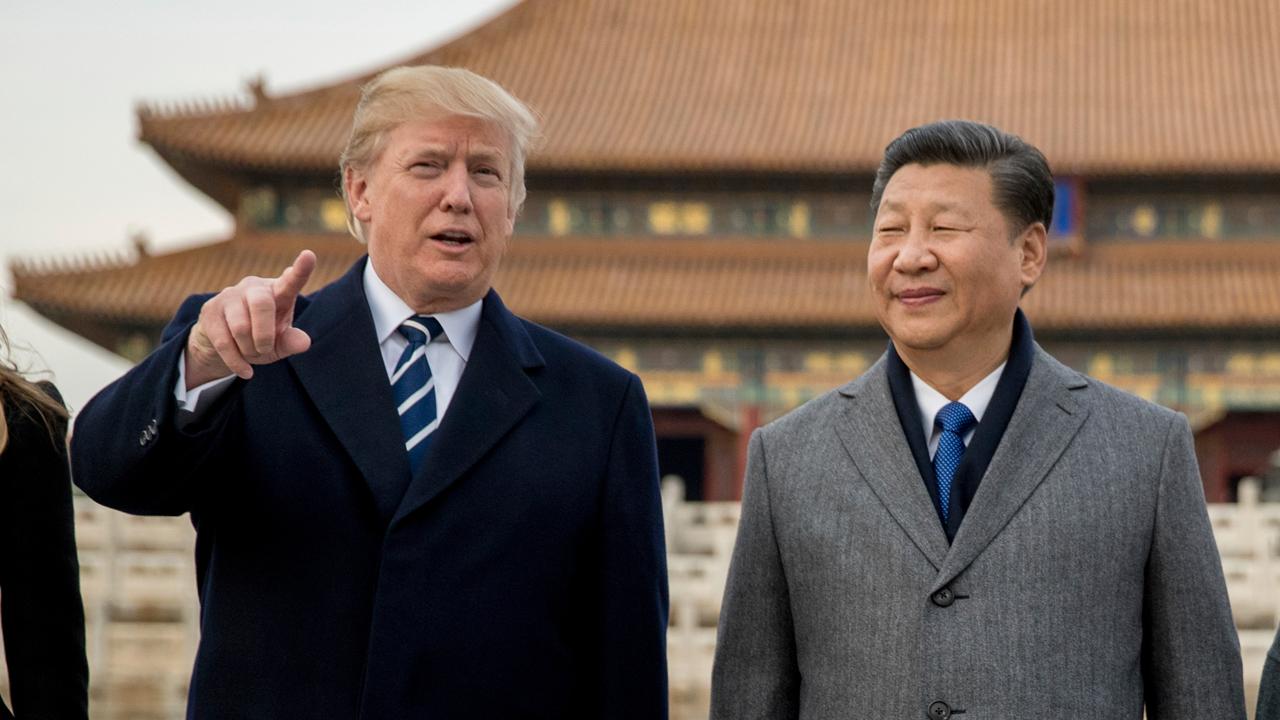US and China edge closer to a currency war: Here's what it means
"This could be the first step in a race to the bottom for currencies," Bank of America Merrill Lynch economists led by Michelle Meyer wrote on Tuesday.
The U.S. on Monday evening took its latest swing at China, labeling it a "currency manipulator," fanning fears the world's two largest economies are on the brink of a currency war.
The Treasury Department’s accusation came after a week of a bruising back and forth between the two superpowers that culminated with China’s currency, the yuan, sliding below seven per dollar for the first time in over a decade.
“In recent days, China has taken concrete steps to devalue its currency, while maintaining substantial foreign exchange reserves despite active use of such tools in the past,” the Treasury Department said on Monday. “The context of these actions and the implausibility of China’s market stability rationale confirm that the purpose of China’s currency devaluation is to gain unfair competitive advantage in international trade.”
Typically the U.S. has a "strong dollar" policy as it owns the world's reserve currency. A strong dollar brings foreign investment into the country but makes U.S. goods more expensive elsewhere.
"I want a strong dollar, but I want a dollar that does great for our country, not a dollar that’s so strong that it makes it prohibitive for us to do business with other nations and take their business,” Trump said in March.
And that's why the idea that the U.S. is entering a currency war is gaining momentum.
A currency war occurs when countries competitively devalue their currencies for trade purposes. A weaker currency makes a country’s goods cheaper for overseas buyers.
When one country weakens its currency, another country follows suit to keep their goods competitively priced. Before you know it, every country wants a weaker currency and they all try to outdo one another. That's when you have a full-blown currency war.
But there are also implications aside from trade. Countries that hold debt denominated in dollars have a more difficult time with repayment as their currencies become weaker, making those debts more expensive.
For example, South Korean companies need to pay back $300 billion of dollar-denominated debt, or about 19 percent of GDP, and the country's currency, the won, is more closely tied to the yuan than the U.S. dollar. When the yuan drops it makes it harder for that debt to be repaid.
“In the Asian financial crisis, and in 2008 also, one of the things we wanted the Chinese not to do was to devalue their currency, because that would cause downward pressure on all the Asian currencies,” former Under Secretary of State Bob Hormats told FOX Business' "Mornings with Maria" on Tuesday.
CLICK HERE TO GET THE FOX BUSINESS APP
“We not just in a conventional trade war here," Hormats added. "The dispute is over trade. The dispute is over investment. The dispute is over technology. And now the dispute is over exchange rate.”




















